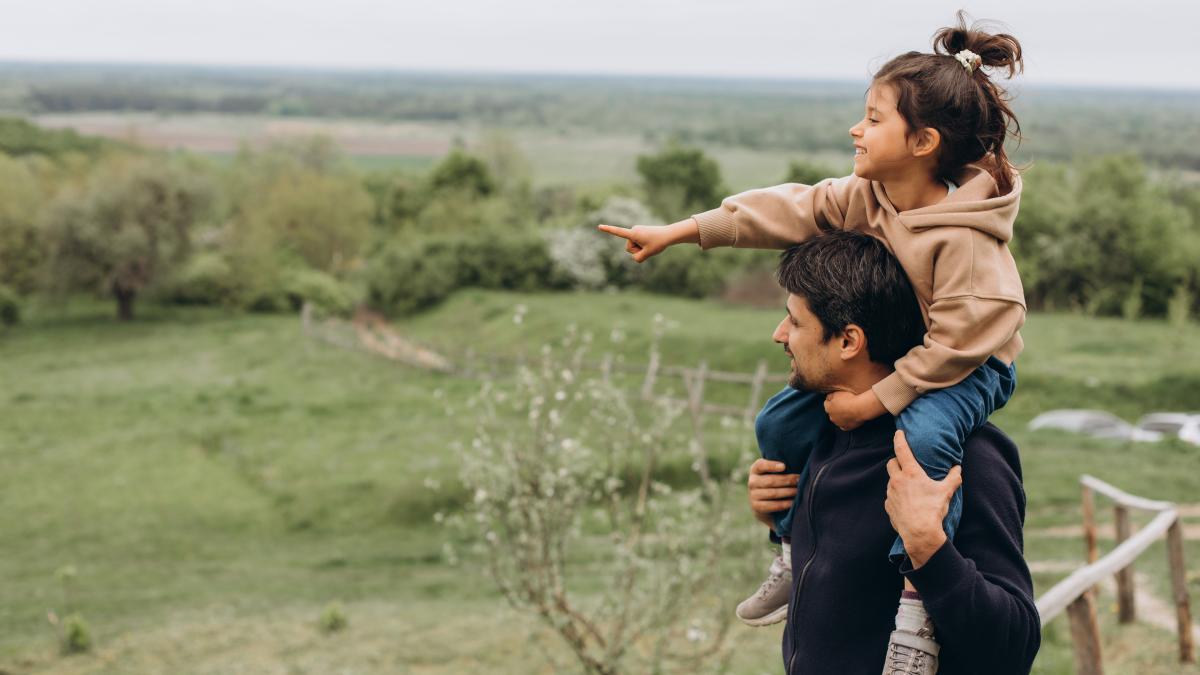
Children in rural, agricultural communities face multiple potential environmental health threats such as pesticide exposure, air pollution, groundwater pollution, and socioeconomic hardship. The II-ACT Center at the University of Washington aims to uncover how these chemical and social stressors affect children’s health. With our partners in Washington’s Yakima Valley, we are working to find solutions to protect children’s health in farming communities nationwide.
About Us
The II-ACT Center is one of three centers nationwide funded by the U.S. Environmental Protection Agency (EPA) as part of the Center for Early Lifestage Vulnerabilities to Environmental Stressors program. The UW Center is housed in the Department of Environmental & Occupational Health Sciences (DEOHS) in the School of Public Health. Led by DEOHS Professor Elaine Faustman, the Center brings together multidisciplinary faculty, community partners, and a team of community, government, and non-profit advisors.
The center will lead two projects to understand and map the cumulative impacts of chemical and social stressors on children in agricultural communities, including Washington’s Yakima Valley. A Translation Core will ensure that community input guides center activities and research dissemination.
The long-term goal of the II-ACT Center is to work with community partners to translate our findings into risk communication, risk management, and health promotion strategies to protect children from both chemical and non-chemical stressors that adversely impact health.
Funding disclosure: EPA Grant # 84063101.
Project 1: The agricultural exposome
Children in agricultural communities are exposed to a complex mixture of chemical and social stressors. This “exposome” can affect health through many different biological mechanisms. Dr. Faustman and DEOHS Assistant Professor Judit Marsillach lead a project using cutting-edge biomarker analyses to uncover the cumulative biological impact of the agricultural exposome. The project will use data from a longstanding children’s health cohort in the Yakima Valley, including measures of pesticide and phthalate exposure, and perform new analyses of biomarkers such as oxidative stress and immune response signaling. This project will also produce a framework for understanding and monitoring the exposome of other agricultural communities by combining epidemiologic, toxicology, biomarker, and exposure data.
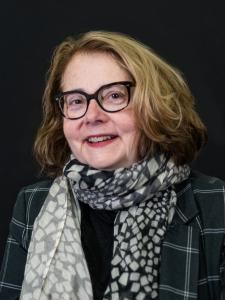
Dr. Elaine Faustman is a toxicologist and Professor in the UW Department of Environmental & Occupational Health Sciences and Director of the Institute for Risk Analysis and Risk Communication (IRARC).
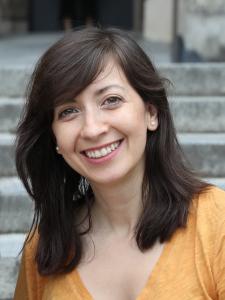
Dr. Judit Marsillach is Assistant Professor in the Department of Environmental & Occupational Health Sciences at the University of Washington School of Public Health. In May 2021, she was appointed as the Sheldon D. Murphy Endowed Chair in Toxicology and Environmental Health.
Project 2: Mapping cumulative environmental hazards
There are multiple nationwide and state mapping tools that aim to identify communities highly impacted by environmental stressors, supporting environmental analyses and decision-making processes. However, existing tools are not always consistent in how they measure the cumulative impacts faced by different communities, including agricultural and farmworker communities. DEOHS Professor Edmund Seto and Clinical Assistant Professor Esther Min lead a project to compare and evaluate national and Washington state mapping tools to uncover which chemical and non-chemical factors have the greatest cumulative impact on rural children. We will also explore the effect of including new indicators of pesticides and asthma on cumulative impact rankings in rural areas of the state. This project will engage multiple stakeholder groups, seeking early feedback from community members and generating translational policy tools.
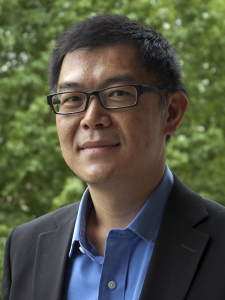
Dr. Edmund Seto is Professor in the UW Department of Environmental & Occupational Health Sciences. He received his PhD in Environmental Health Sciences from the University of California, Berkeley.
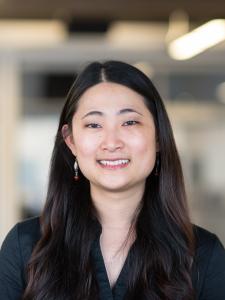
Esther Min (she/her) is a Clinical Assistant Professor at the Department of Environmental & Occupational Health Sciences, School of Public Health, University of Washington. She is also part of the Northwest Pediatric Environmental Health Specialty Unit (PEHSU).
Translation Core
The Translation Core serves as the bridge between the center’s activities and agricultural communities, particularly those in Washington’s Yakima Valley. Pediatrics/DEOHS Professor Catherine Karr and community partner Elizabeth Torres of the Northwest Communities Education Center (NCEC) co-lead the Core’s community engagement activities, building on a longstanding academic-community partnership.
The Translation Core will convene a Community Advisory Board (CAB) comprised of community members and leaders from multiple backgrounds and sectors to guide the center’s research procedures, results interpretation, and dissemination. With the additional expertise of postdoctoral research scientist Allison Sherris, we will hold focus groups to understand and integrate community child health priorities and concerns into center projects. Focus groups will also identify opportunities to translate the findings into community interventions, policy, and clinical practice. The Translation Core will ensure that our key messages for protecting children’s environmental health reach a wide audience of community members, government officials, tribal members, health professionals, and academics.
Contact us
For general inquiries or to be added to our mailing list, please contact ii-act@uw.edu.
For more information or to learn about opportunities to collaborate in II-ACT Center research activities , please contact Tomomi Workman at workmt@uw.edu (Project 1) or Edmund Seto at eseto@uw.edu (Project 2).
If you are a resident of an agricultural community and would like to participate in Center activities, please contact Allison Sherris at asherris@uw.edu.
Mailing address
ii-ACT Center (c/o Kethanh Duong)
4225 Roosevelt Way NE #100
Seattle, WA 98105-6099
Phone number
206-685-5378 (Kethanh Duong)